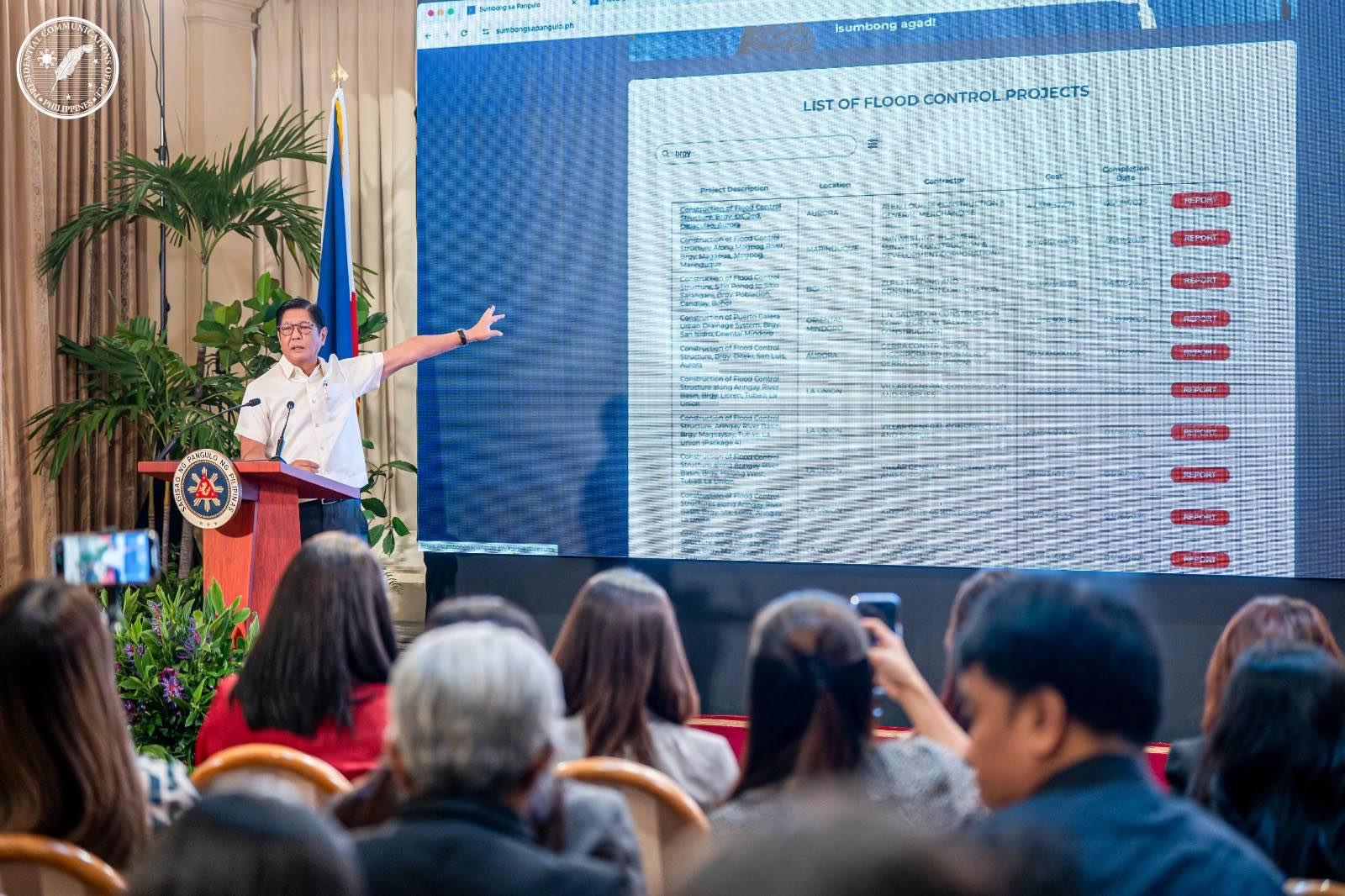MANILA, Philippines – Filipino church leaders condemned the corruption of flood control projects worth billions of pesos, a scandal that was exposed by President Ferdinand Marcos Jr. and is now being investigated by Congress.
In a statement, the Church Leaders Council for National Transformation (CLCNT) said that “such corruption is not merely a fiscal betrayal” but “a moral abomination that strikes at the heart of our people’s dignity.”
The signatories of the CLCNT statement, a coalition of Catholic and Evangelical leaders, include three Catholic bishops, one Protestant bishop, and four other clergymen. The group’s objective is to foster national transformation driven by the Gospel, in this Southeast Asian country where around 85 percent of the population is Christian, mostly Catholic.
“We call upon every Filipino citizen — lay faithful, clergy, public servants, and leaders — to rise in prophetic witness against this and all forms of corruption. Demand accountability, support transparent reforms, and vote with integrity,” said the CLCNT in a statement on its Facebook page on Thursday.
“’Let us embody the justice that ‘rolls on like a river, righteousness like a never-failing stream’ (Amos 5:24). Together, under the guidance of the Holy Spirit, we can forge a nation where resources serve the common good, not private gain,” the group added.
The corruption of flood control projects recently made headlines in the Philippines, a developing country, after Marcos launched a database revealing the extent of the problem on August 11. The Department of Finance said these anomalies cost the country up to P118.5 billion ($2.08 billion) over the past two years alone.
The corruption controversy involves public works contractors in connivance with the Department of Public Works and Highways, as well as lawmakers who handle the national budget. One consequence is the massive and often deadly flooding in the Philippines, a tropical country visited by around 20 storms a year.
The CLCNT said these acts of corruption will merit the wrath of God, as the Scriptures “resound with divine judgment against such iniquity.”
“As the Prophet Amos cries out: ‘For I know how many are your offenses and how great are your sins. There are those who oppress the innocent and take bribes and deprive the poor of justice in the courts (Amos 5:12). Likewise, in Proverbs, we are warned: ‘The greedy bring ruin to the households, but the one who hates bribes will live (Proverbs 15:27),’” the church leaders said.
They also cited the late Pope Francis, who urged the faithful to “reject every form of corruption which diverts resources from the poor.” They said that poor families in flood-prone villages “are the true victims, paying with their lives for the greed of the corrupt.”
“This flood control scandal is emblematic of a deeper systemic rot that afflicts our governance, eroding public trust and hindering national transformation. It directly imperils the lives of all Filipinos, but most grievously the vulnerable: the urban poor huddled in evacuation centers, farmers whose fields are inundated, and children deprived of safe futures,” the CLCNT said.
In a separate statement, the Conference of Major Superiors in the Philippines – Justice, Peace, and Integrity of Creation Commission (CMSP-JPICC) pointed to the massive flooding that submerged parts of Metro Manila on August 30, and said that this was an effect of corruption in government.
“These floods are not simply ‘acts of nature.’ They are human-made tragedies, fueled by greed, corruption, and reckless policies that put profit above people and creation. Billions are poured into flood-control projects, yet what do we see? Ghost projects, overpriced contracts, and substandard works that collapse under the first storm,” the CMSP-JPICC said.
“We call on our leaders and fellow citizens to embrace honesty, courage, and ecological responsibility. Flood-control and reclamation projects must be freed from corruption through transparency, open bidding, independent audits, and the full prosecution of those who plunder public funds,” the Filipino religious superiors said.
The Philippines needs “a national ecological conversion,” they said: “A change of heart and practice from the culture of waste, abuse, and corruption toward one that honors the Creator by protecting creation and prioritizing the common good.”















